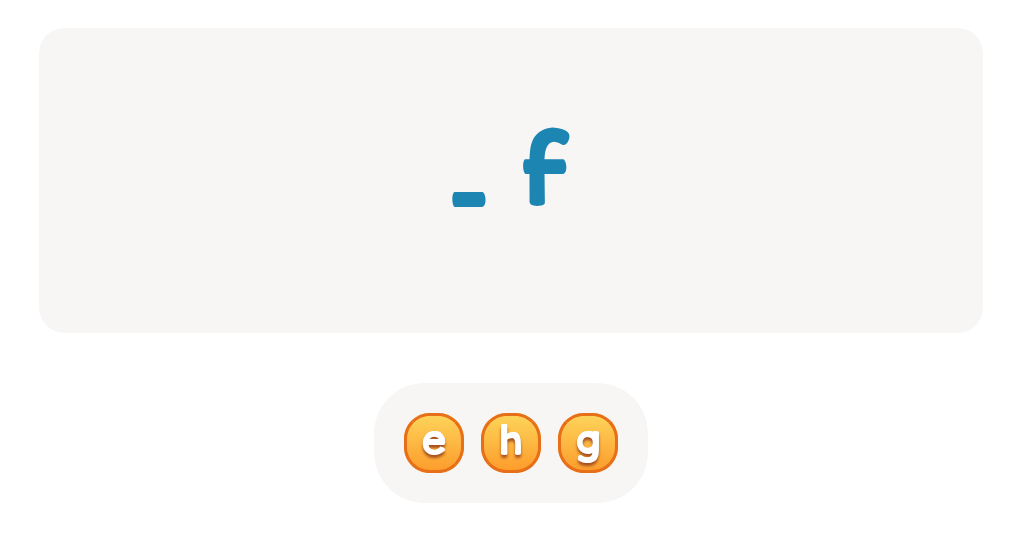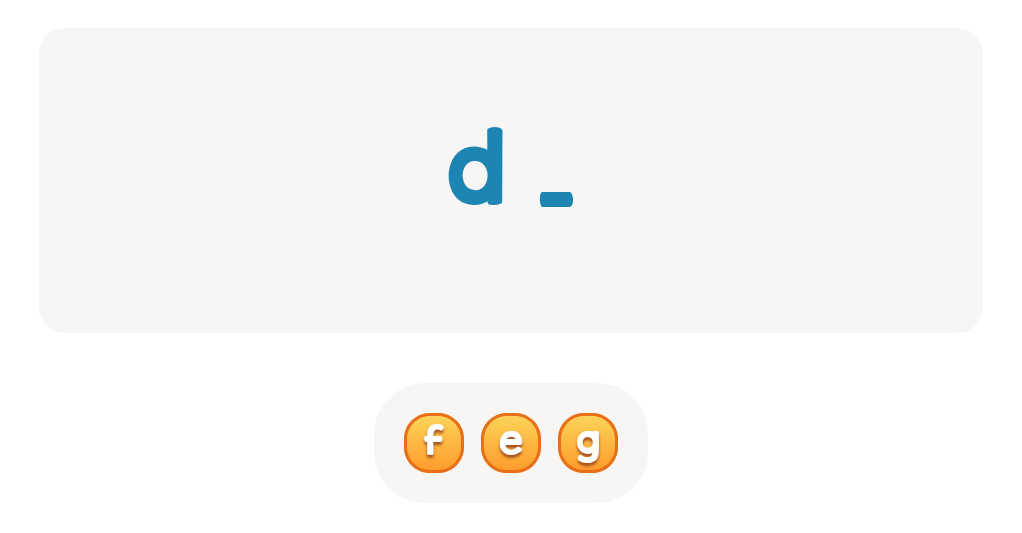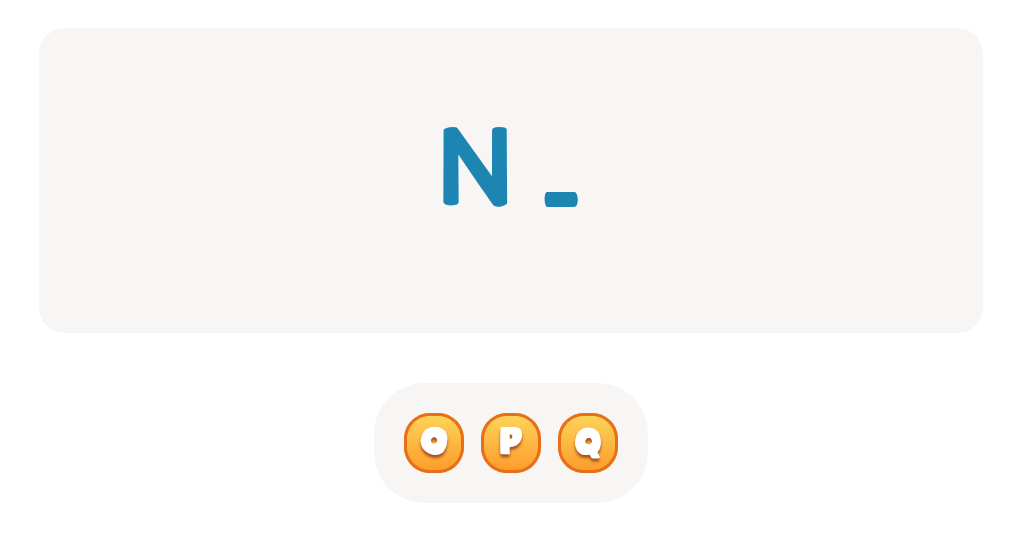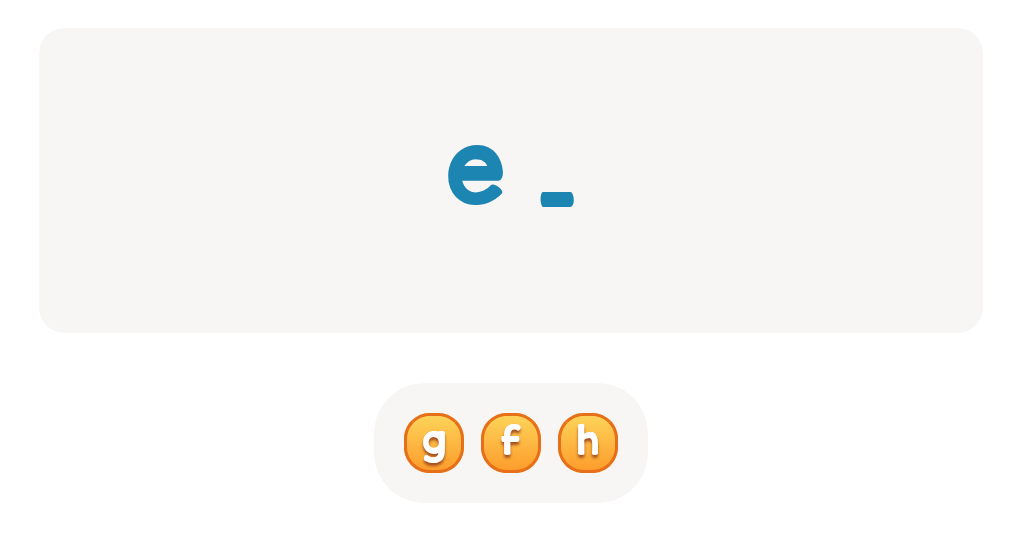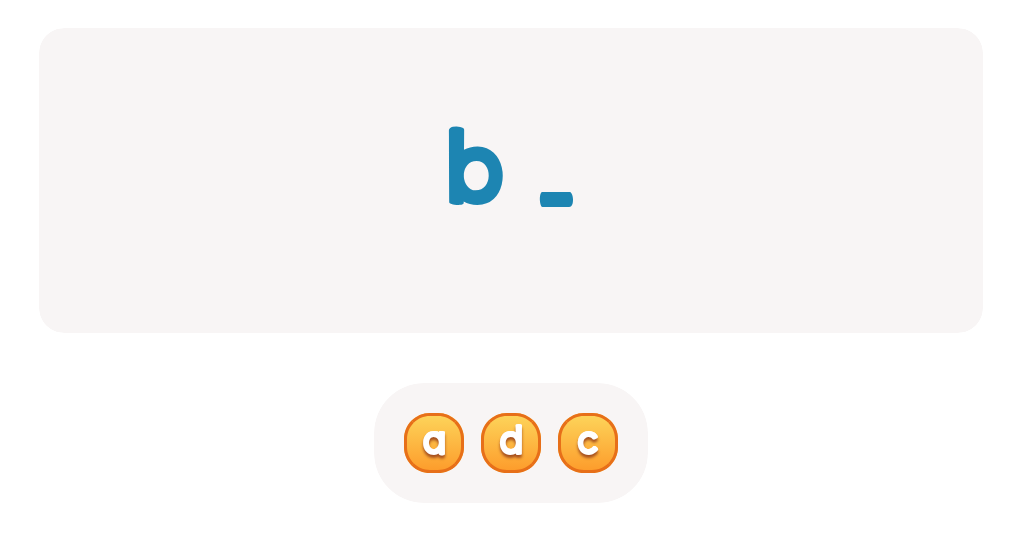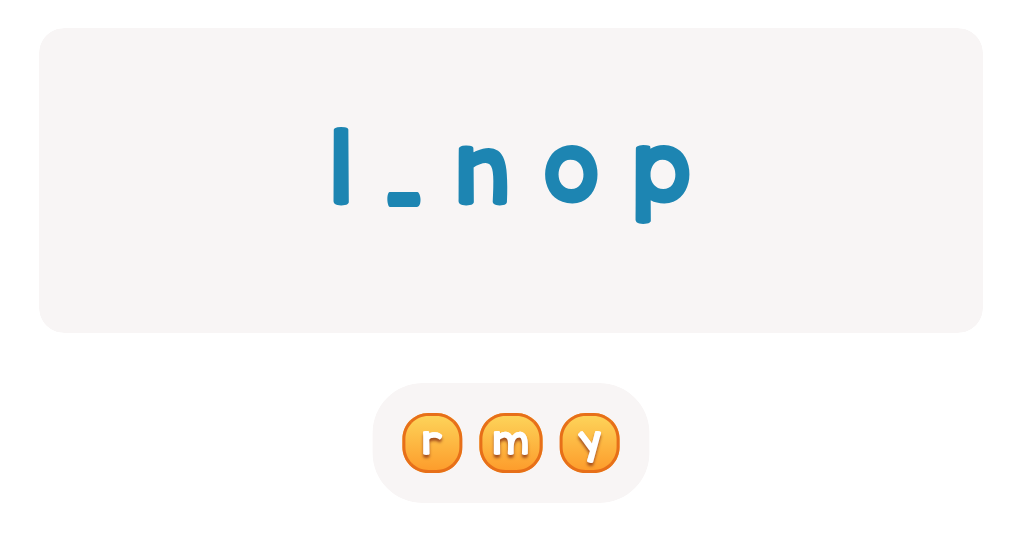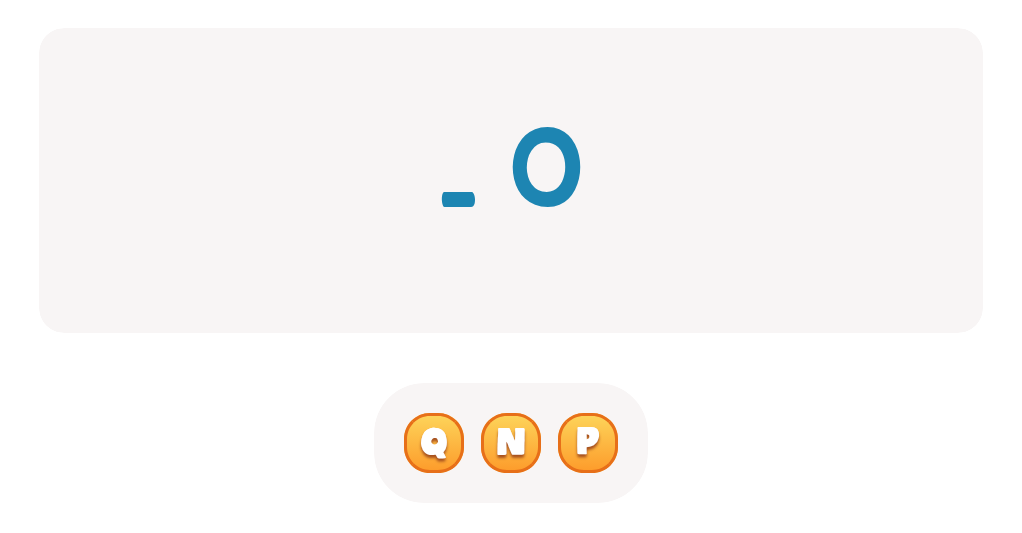Letter Tracing Practice ABC Letters Worksheets for Ages 3-5
3 filtered results
-
From - To
Jumpstart your child's writing journey with our Letter Tracing Practice ABC Letters Worksheets, designed specifically for ages 3-5. These engaging and educational worksheets help young learners develop fine motor skills, hand-eye coordination, and letter recognition through fun, hands-on tracing activities. Each worksheet features both uppercase and lowercase letters, providing ample practice for beginning writers. Perfect for preschool and kindergarten-aged children, these printing aids will prepare your little ones for reading and writing success. Dive into the world of letters today and watch your child's confidence and skills soar! Discover the joy of learning at Kids Academy.
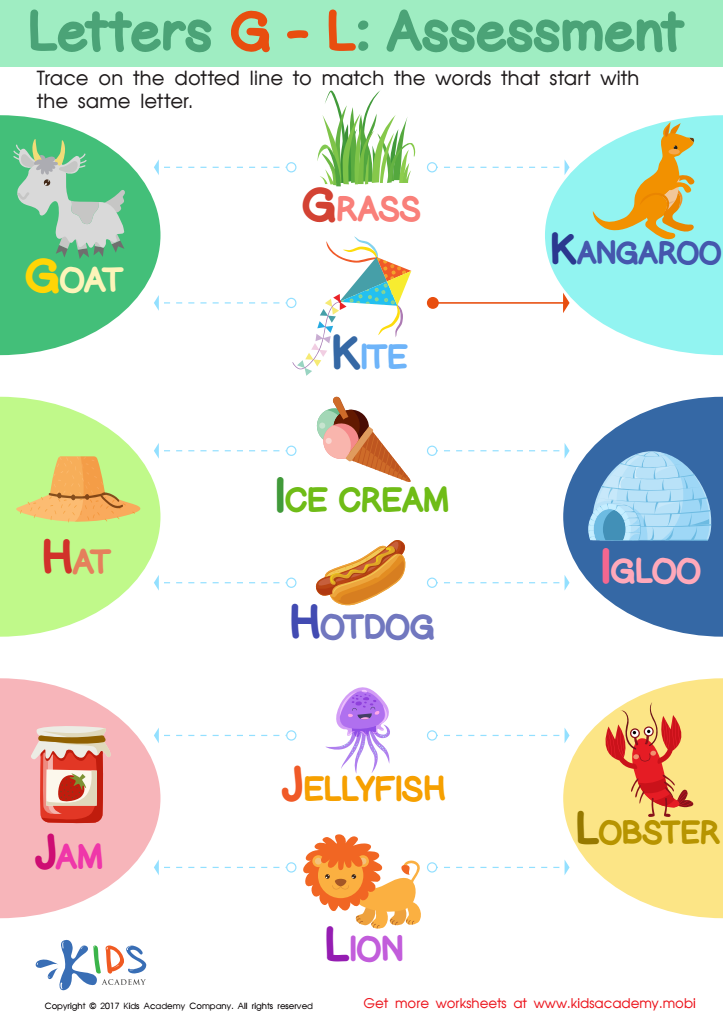

Letters G-L Worksheet
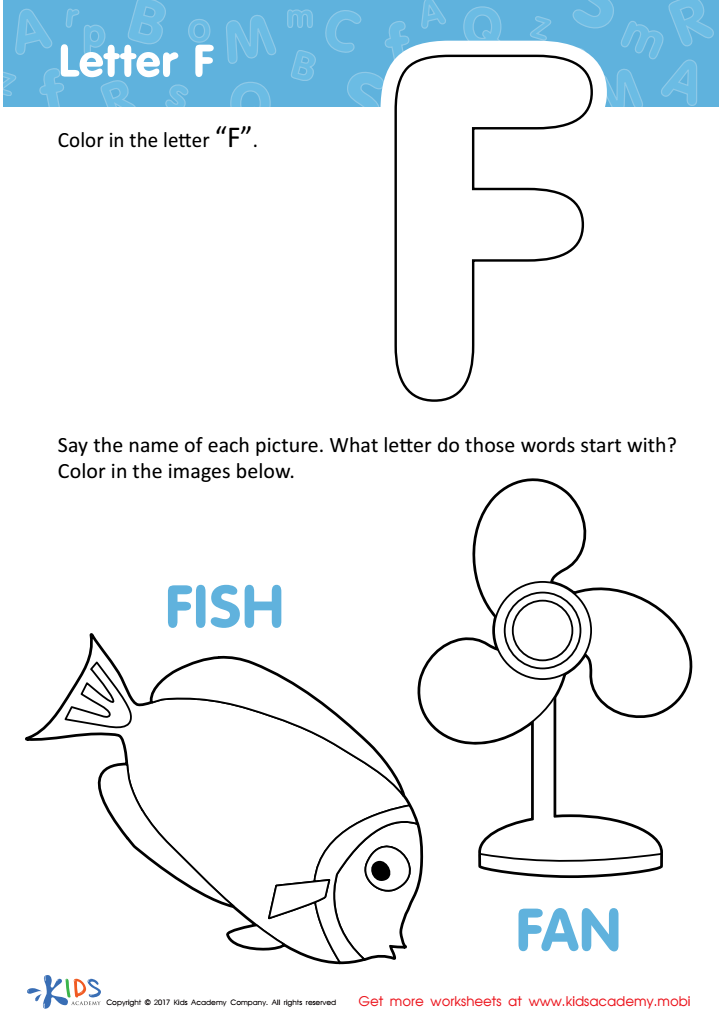

Letter F Coloring Sheet
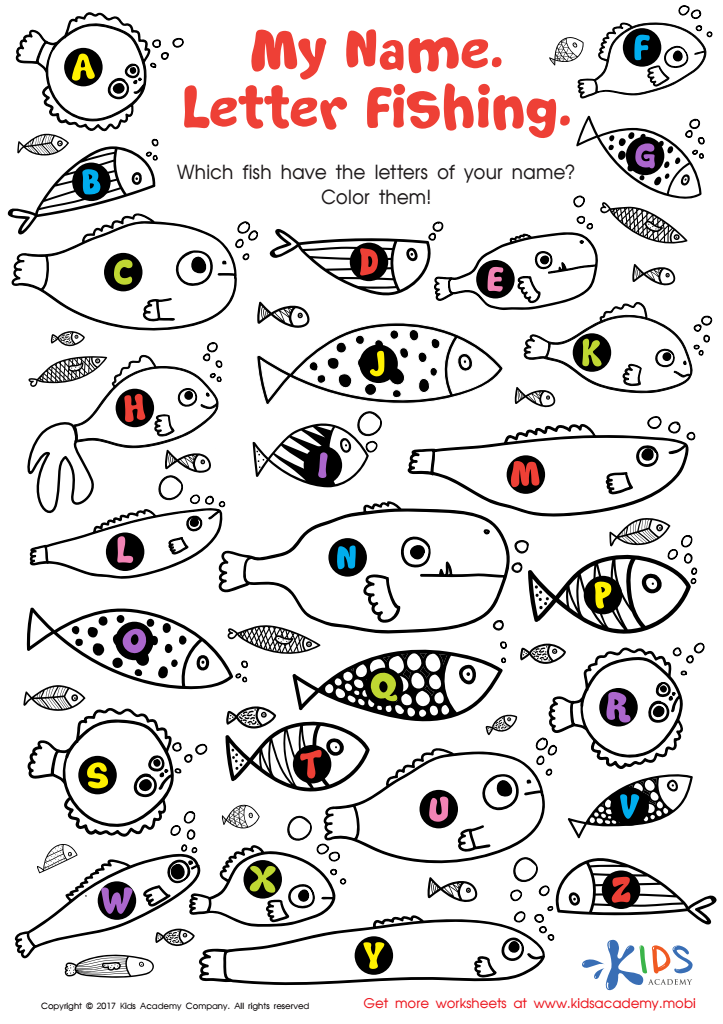

My Name: Letter Fishing Worksheet
Letter tracing practice for ABC letters is instrumental for children ages 3-5 as it lays the foundation for essential literacy skills, aiding early education significantly. During these formative years, children’s brains are exceptionally receptive to new learning experiences. Engaging in letter tracing helps them familiarize themselves with the shapes and forms of the alphabet. This tactile activity strengthens fine motor skills, which are crucial for writing and other manual tasks, by encouraging proper pencil grip and control.
Additionally, letter tracing fosters recognition and memorization of letters, critical for developing reading skills. By practicing letter formation, children begin to understand the correlation between sounds (phonics) and written symbols. This familiarity is vital for their ability to decode words as they progress in their education.
Beyond literacy, letter tracing practice inculcates patience and concentration, enhancing children’s ability to focus on tasks. The repetitive nature of tracing reinforces learning through practice, instilling confidence in young learners.
In essence, early exposure to letter tracing offers a multifaceted approach to learning. It builds a strong academic base, strengthens cognitive and motor skills, and cultivates a love for learning that can benefit children throughout their educational journey. Therefore, parents and teachers should actively encourage this practice to support holistic development.

 Assign to My Students
Assign to My Students
